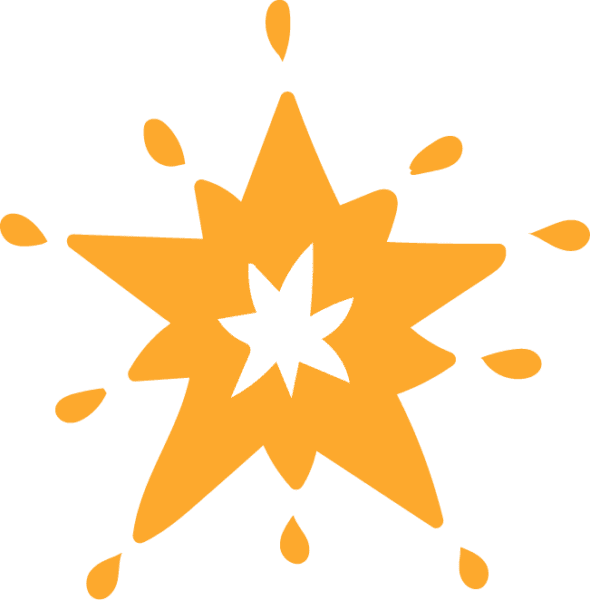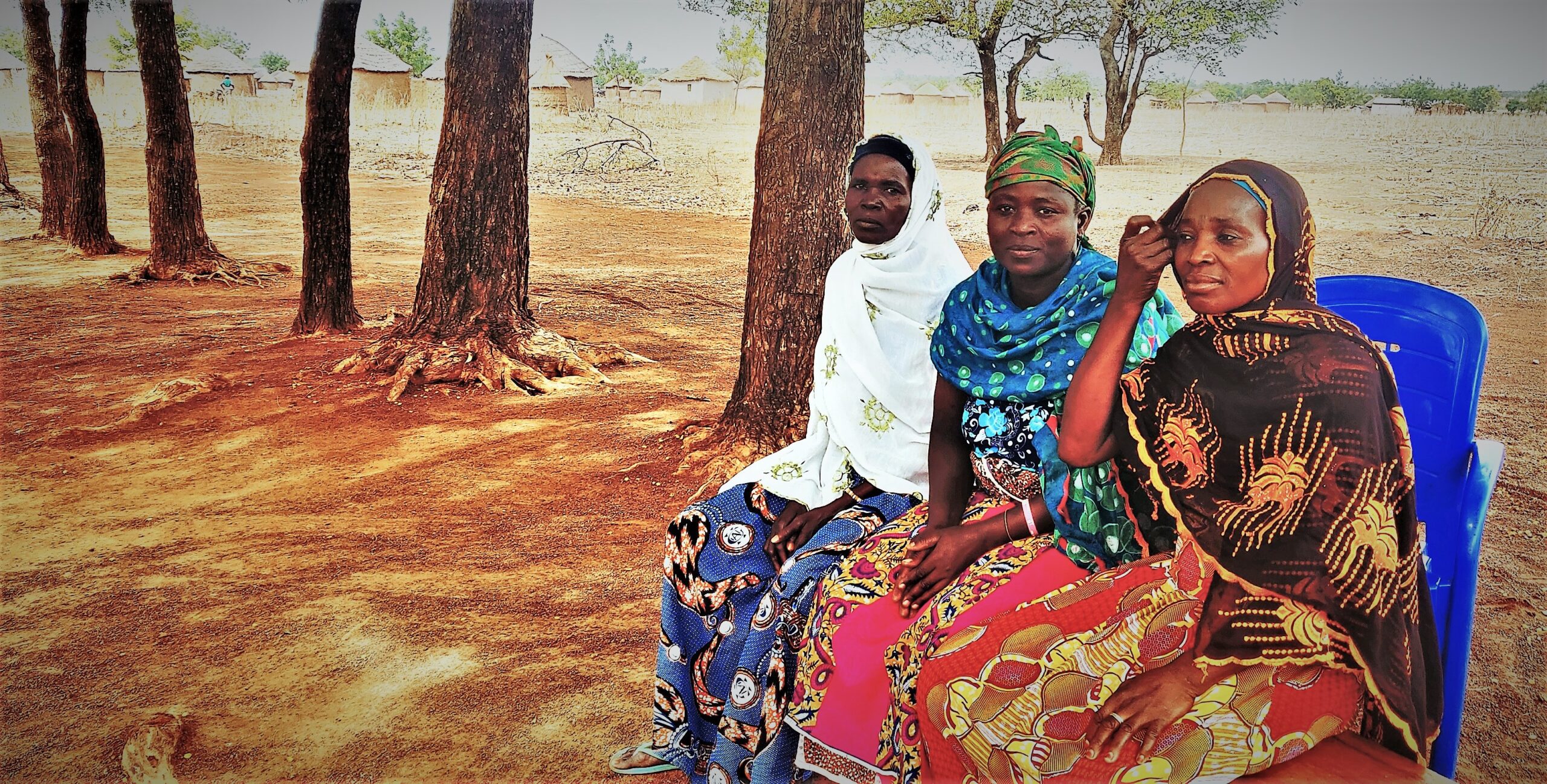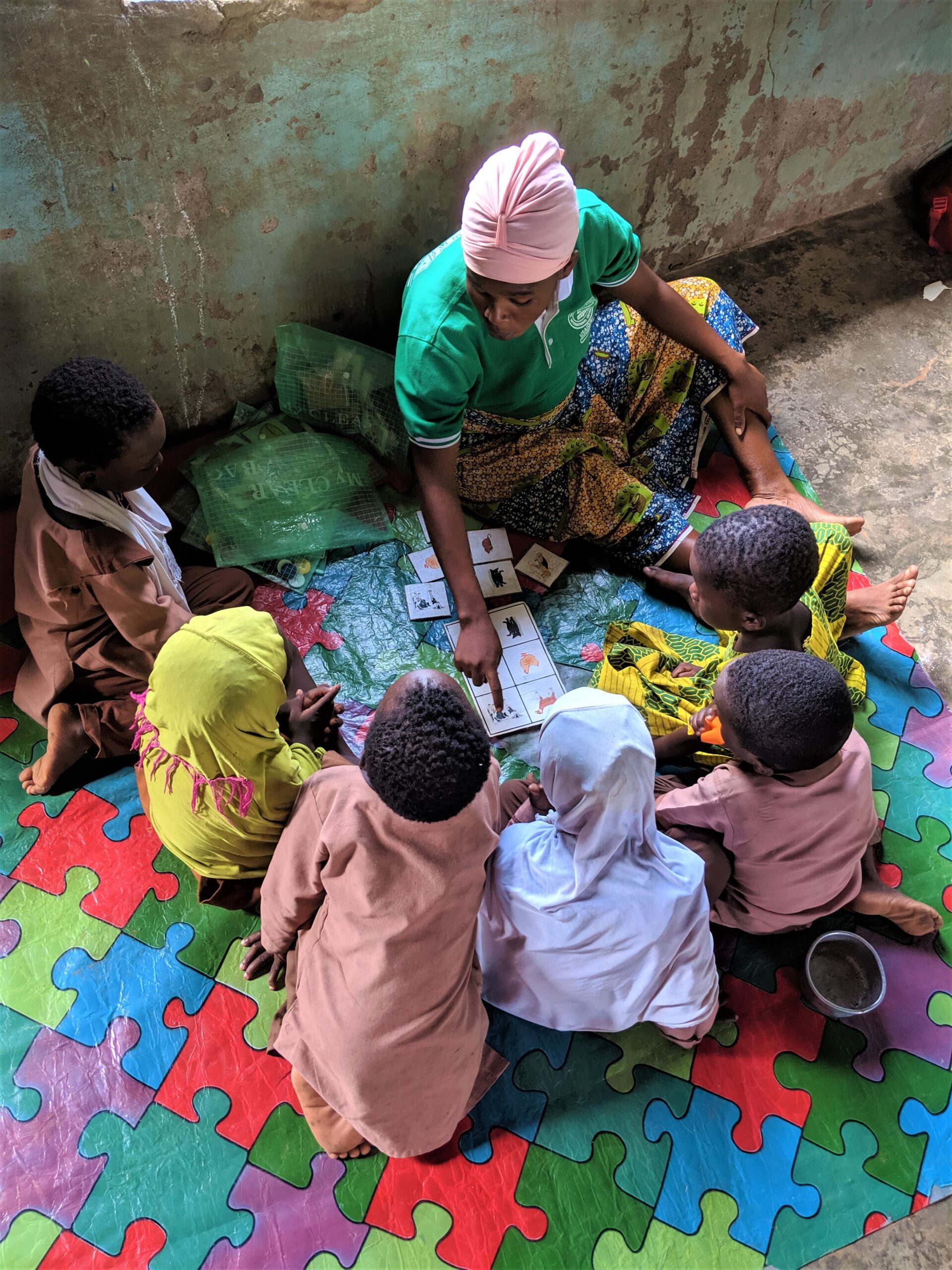Kenya 
The Future We Imagine For African Women and Girls
What It Takes to Create Equitable Systems for Women and Girls to Thrive

Kenya 
What It Takes to Create Equitable Systems for Women and Girls to Thrive

In honor of International Women’s Day 2022, we reflect on what it takes to create equitable systems for women and girls to thrive.
Our systems practice work over the last two years has laid the groundwork for our evolved strategy in Sub-Saharan Africa. Young people want their voices heard in decision-making and are keen to learn and contribute to their communities. However, to ensure that all young people thrive and participate, gender equity is needed across all levels of society including our education systems.
Data clearly highlights the inequities and barriers that hold women back in education. Gender disparities in secondary education have barely changed in Sub-Saharan Africa since 1999, with only around 8 girls for every 10 boys enrolling. At the same time we know how important girls’ education is in improving overall learning outcomes for all children. A report by our partner USAWA Agenda, an education research institution in Kenya, indicates that learner outcomes have a strong correlation with their mother’s education level. The odds of having better learning outcomes are 50% and 80% higher for children born to mothers with secondary and tertiary education, respectively.
School discontinuity for adolescent girls is linked to vulnerabilities such as poverty, increased care responsibilities at home and unintended teenage pregnancies. Devastatingly, in South Africa, teenage pregnancies spiked to 60% during the pandemic, while Kenya witnessed a 40% increase over a three month period of the lockdown. In Kenya, women spend nearly half of their day in unpaid care and domestic work. This is the daunting reality for most African women from low income households who have to choose between finding gainful employment, staying in school, or taking care of their children. And as was the case in most countries, the COVID-19 pandemic upended the employment landscape in South Africa, with women bearing the brunt of job losses, further widening pre-existing inequities in a country where two out of every three young people are unemployed.
We have held — and still continue to — hold conversations with our networks and portfolio partners, asking: How can we co-create and contribute to functional and healthy systems that honors the reality of African women and girls?
We have held — and still continue to — hold conversations with our networks and portfolio partners, asking: How can we co-create and contribute to functional and healthy systems that honors the reality of African women and girls?
We are partnering with early childhood organizations as a pathway to boost access to education and employment opportunities, particularly for young women and girls. We know access to trusted childcare gives young women viable options to continue their education and skill development while growing as parents. Investing in quality childcare also offers important spillovers to children through strengthening their cognitive and socio-emotional skills.
In the past year, we have witnessed an incredible display of innovation and resilience by our partners who devised alternative learning models, supporting learners and caregivers during extraordinary times of need. Take for instance our partner SmartStart, an early learning social franchise based in South Africa that provides affordable and quality childcare services for mothers from low income households. The franchise is also a source of livelihood for women, called “Smart Starters,” who earn an income as franchisees through offering childcare services in their communities. “I’m so grateful to SmartStart because it took me from the bottom and now I run my own business. I am independent. I see the power of education every day now,” said Grace Nongogo, who runs a center in the Eastern Cape.
We also support research and innovations in childcare infrastructure in order to increase access to quality, affordable early care and learning opportunities. Our partner Innovation Edge supports entrepreneurs and organizations to launch innovative solutions to early childhood challenges in South Africa. One of their portfolio partners, Earlybird, runs childcare centers at places of work, allowing women to work and earn a living. Another partner, Maharishi, runs an early learning center on their campus so that young women can continue their learning journey without having to choose between education and childcare.

Community-based childcare and parenting models have been shown to have a positive impact on a mother’s self esteem, mental health and social connections. Our partner Lively Minds works with the government to train and build the skills and confidence of rural mothers in Ghana to run educational play Schemes, and provide nurturing care for their children at home. “Before we [women] were seen as not being productive in the community. But now whenever there is a gathering or a meeting, we all come in our numbers and appreciate the importance of community meetings,” said Azimia from Ghana’s northern region.
As we think of the work ahead, we know true gender equality and impact must be true in our homes, in work, in learning and in all aspects of community.
The future we imagine has gender equitable education systems that offer diverse and flexible learning pathways for mothers. Pathways that celebrate their resilience and take away the stigma they so often face as young parents.
We imagine safe environments and bias-free practices that encourage women’s leadership and promote gender parity at all levels. Representation matters: When women are in positions of leadership, they are more likely to prioritize the welfare and livelihoods of fellow women. Women leaders comprise more than 50% of our current portfolio partners in Sub-Saharan Africa. We celebrate these women— they are doers and enablers, driving impact in the lives of other women in their communities.
We imagine equal access to networks, information and resources that matter in unlocking livelihood opportunities at all levels. We imagine a world where young girls and women can truly thrive and live dignified lives.